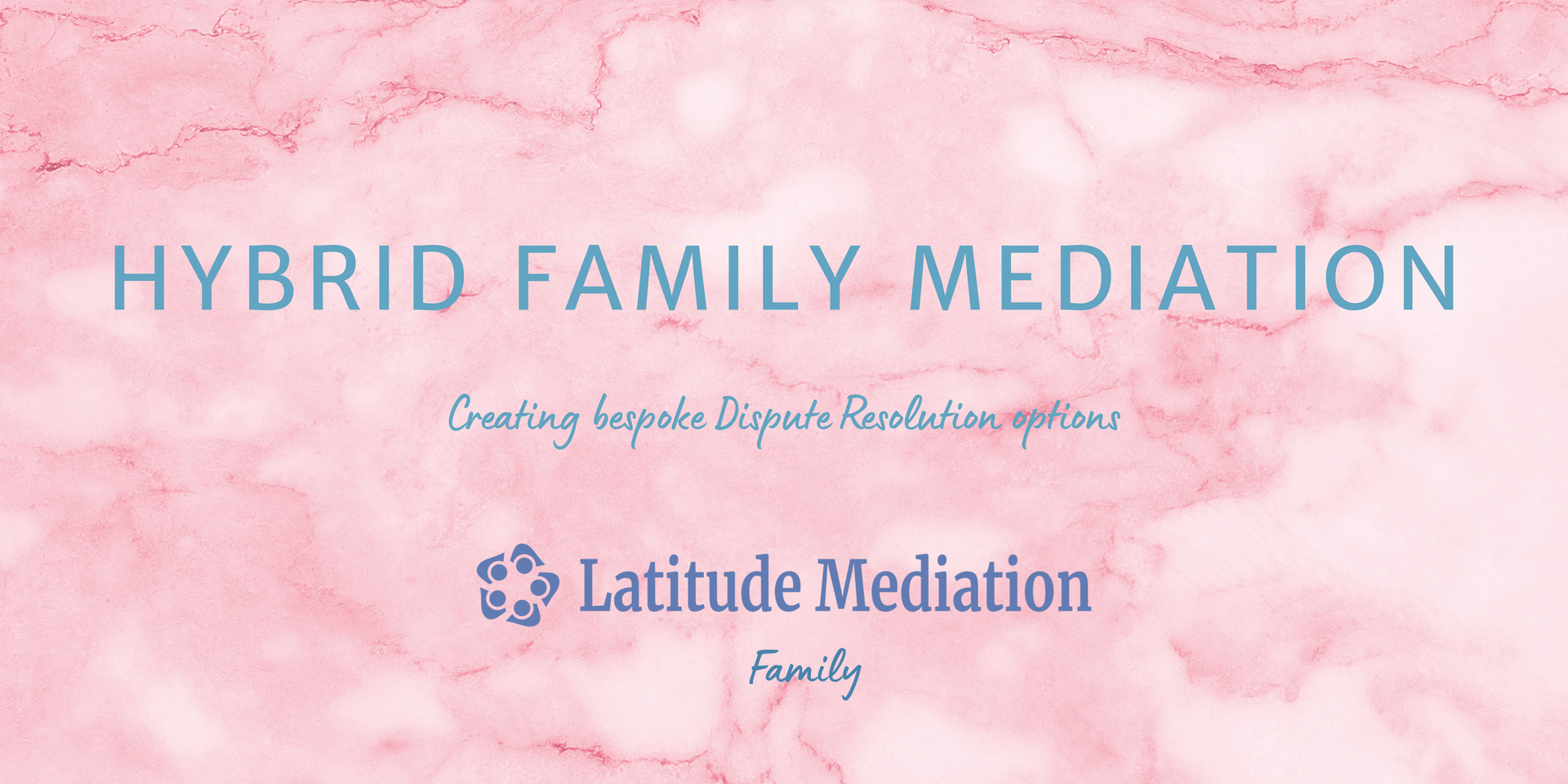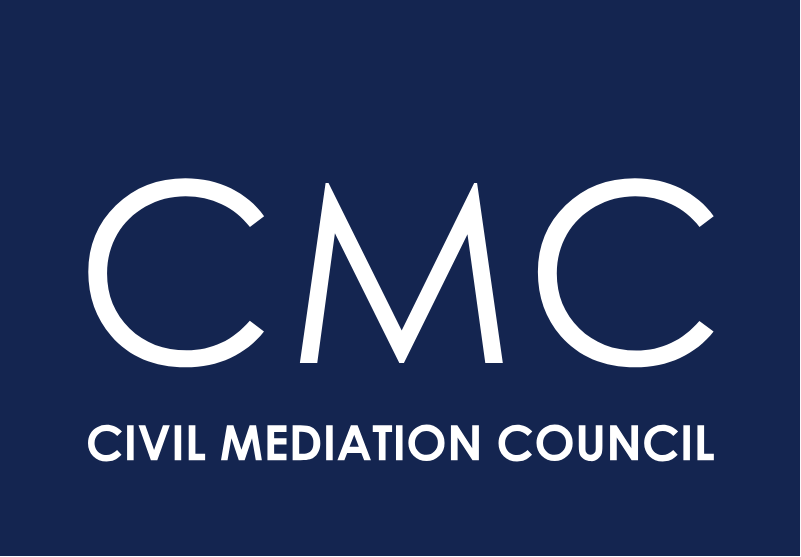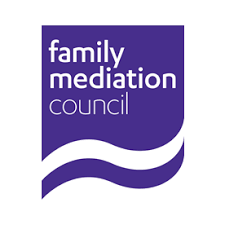Navigating the C100 Form online and Why Mediation is Crucial
Navigating the family court system can be a daunting experience, especially when it involves completing complex forms such as the C100 form for child arrangement orders. This guide aims to demystify the C100 form process and explain why attending mediation is a very helpful and necessary step before submitting your application to the court.
What is the C100 Form?
The C100 form is used in the UK to apply for a child arrangement order under the Children Act 1989. This form allows parents or guardians to request the court to determine the arrangements for where a child lives and how much time they spend with each parent.
Why Do You Need a Mediation Certificate?
Before you can complete and submit a C100 form, you must attend a Mediation Information Assessment Meeting or MIAM (unless exempt). The mediator will then provide you with a mediation certificate, which you must include with your C100 form submission. The certificate confirms that you have either attended a MIAM or that mediation is not suitable for your case.
The Importance of a MIAM Before Completing the C100 Form
Since April 2013, it has become mandatory in most cases to attend a MIAM before submitting a C100 form to the court. This requirement is part of the effort to encourage parents to resolve disputes amicably and avoid the adversarial nature of court proceedings… recognising that parents are generally in the best position to know what is best for their children even if direct communication is difficult. Using a mediator will provide a neutral intermediary to support parents to move forward in a cost effective and constructive way:
Benefits of Mediation
- Cost-Effective: Mediation is significantly less expensive than court proceedings (noting that in addition to supporting participants through discussions, your mediator can also draft a written agreement, Child Arrangements Order or an MOU very cost effectively.
- Time-Saving: Mediation can be scheduled more flexibly and quickly compared to court dates, which might take several months.
- Less Stressful: The mediation process is less formal and will be less stressful than a court appearance.
- Focus on Children: Mediation keeps the focus on the best interests of the children, encouraging parents to cooperate and communicate effectively.
- No court imposed outcome: When decisions are imposed by a judge, they may be more constrictive and less favourable (e.g. inconvenient child arrangements).
Exemptions from Mediation/ MIAM
There are specific circumstances where you might be exempt from attending a MIAM, including:
- Evidence of domestic violence.
- A court application is necessary and urgent.
- Previous mediation attempts in the past four months have failed.
These exemptions are in place to ensure that those in vulnerable situations or where mediation is clearly inappropriate are supported through appropriate channels.
Completing the C100 Form: A Step-by-Step Guide
If one of the parents refuses to engage in mediation, it will be necessary to apply to the court for a resolution: Form C100 is used to provide information to the court about the circumstances so that a court order can then be requested of the court, such as child arrangements or financial issues.
What does the C100 form include?
- Download the Form: The C100 form can be downloaded from the UK government website.
- Basic Case Details: Fill in the names of the applicant and respondent, and specify the nature of your application (e.g., Child Arrangements Order).
- Children’s Details: Provide details of the children involved, including their names, dates of birth, and the specific orders applied for.
- Social Services Involvement: Indicate if the children are known to social services or subject to a child protection plan.
- Mediation Section: This section is crucial. Indicate whether you have attended a MIAM, and if so, include the mediation certificate. If claiming an exemption, provide the necessary details.
- Reasons for Application: Clearly and concisely state the reasons for your application, keeping emotions aside and focusing on factual information.
- Additional Information: Include any other relevant details, such as previous court cases involving the children or international elements affecting the case.
After Submitting the C100 Form
Once you have completed and submitted the C100 form along with the mediation certificate, the court will process your application. If mediation was unsuccessful or deemed inappropriate, the court will consider your case and determine the best course of action.
Consider returning to mediation
It is worth noting that even after filing Form C100, parties can return to mediation if opinions change and both individuals wish to engage in mediation.
Conclusion
Navigating the C100 form and the associated legal processes can be challenging, but understanding the importance of mediation and its role in resolving disputes can make a significant difference. By following this guide and seeking the appropriate support, either through solicitors, the court, arbitration or mediation, you can navigate the complexities of the family court system with greater confidence and clarity.
To find out more about how Latitude Mediation can support you get in touch here or email info@latitudemediation.co.uk.





















